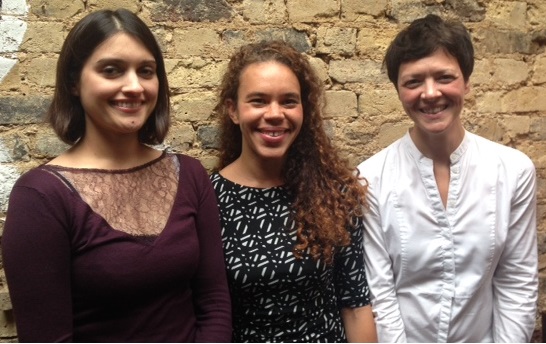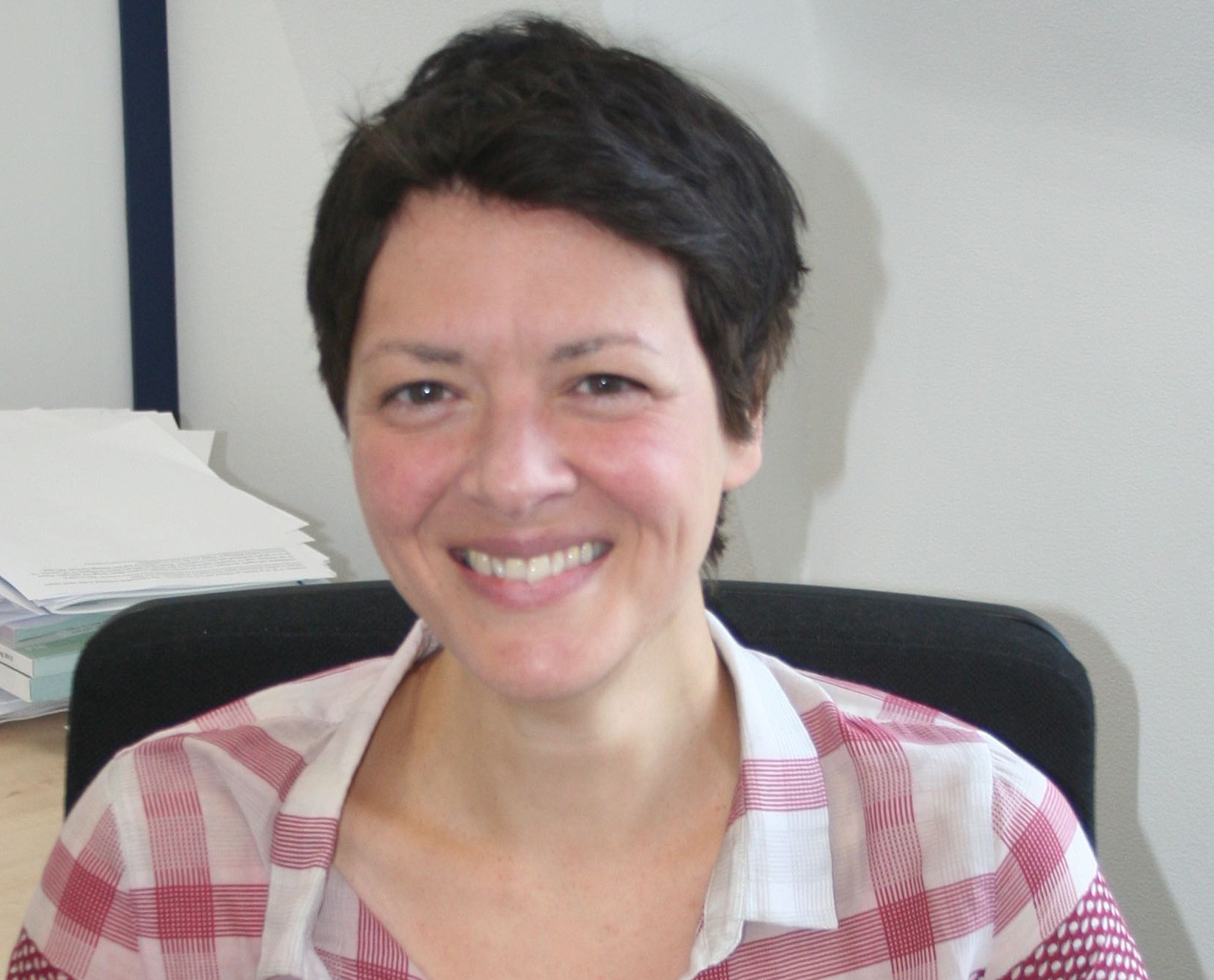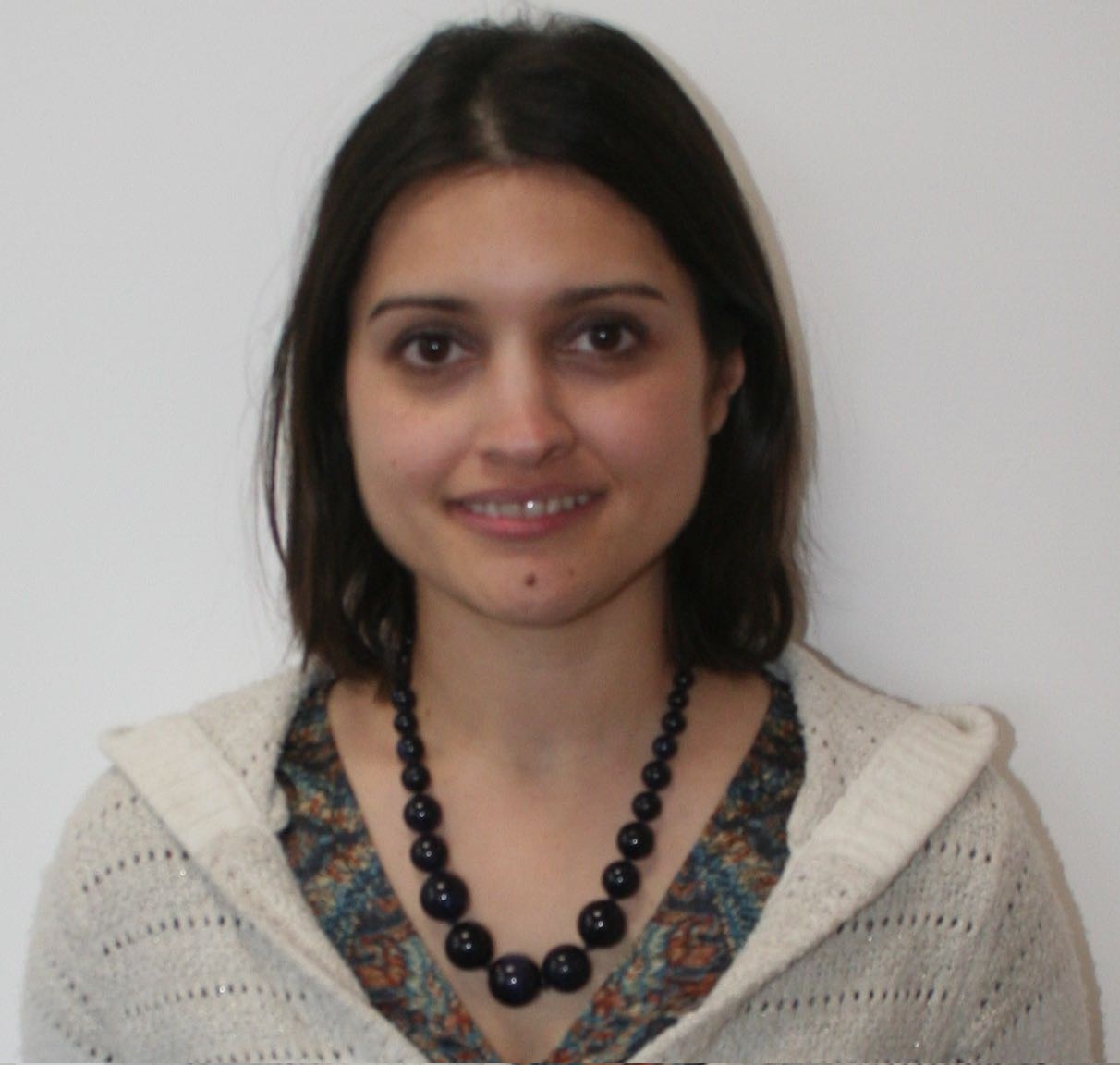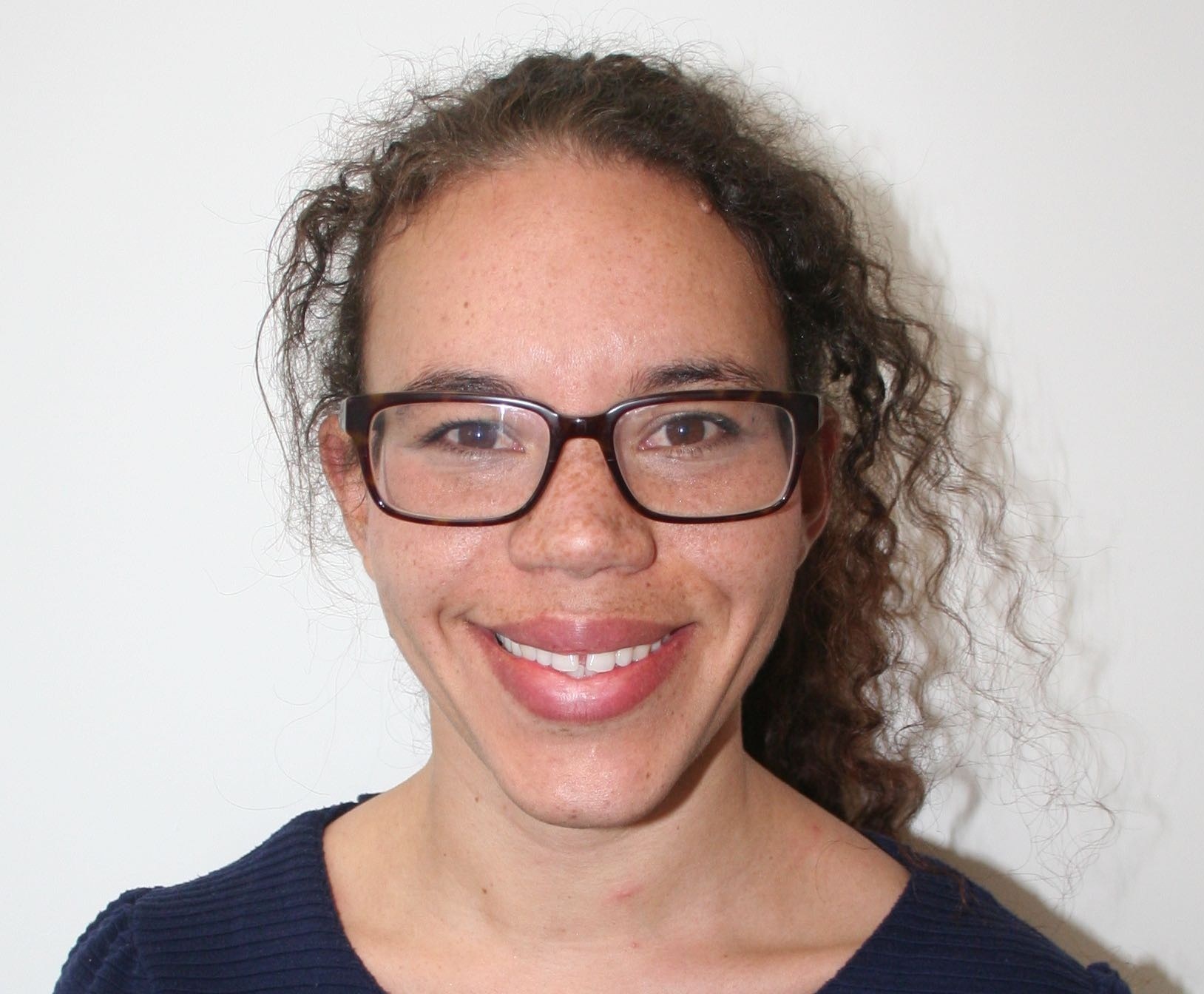
Farewell to our QI Fellows
3rd August 2015
Our three departing QI Clinical Fellows write about their experience of working on the Trust’s QI programme for the last 12 months.

Genevieve Holt, Tsana Rawson, Juliette Brown
What have you taken from the year?

Dr Juliette Brown – Darzi Fellow in Clinical Leadership 2014/15
My overwhelming sense from the past year is of the incredible energy and enthusiasm within our trust for providing the best possible care for patients and carers, and of the rare degree of high level leadership support for improvement work. Amongst a host of other learning, I will take away the vital importance of systems thinking. As doctors we focus on what goes on in the clinical encounter and we train to improve these interactions. We learn nothing about the complex systems in which healthcare is delivered, which often have far more impact on our patients in terms of experience, access, and outcomes than anything we do in our consultations. Improvement science offers a way of improving the system that liberates the wisdom within it – the ideas and energy within our staff groups and patients to solve the problems we share.
What has been your experience of your time working with the QI Team?

Dr Genevieve Holt – Clinical Fellow in Quality Improvement, 2014/2015
The team are a close-knit group of people who are passionate about helping make patient care as good as it can be, from the experience of our service users and their carers to clinical outcomes across a wide range of services. For some of my time I have been based at Trust HQ, working behind the scenes to co-ordinate quality improvement efforts across ELFT, designing support for directorates and planning training. Through exposure to projects across ELFT, I have learned a great deal about how to approach quality improvement in a healthcare setting. These skills have been consolidated through delivery of teaching to our staff and service users, and by participating at external events; so many people outside of our Trust are intrigued by what is happening here. Best of all, I have also been privileged to meet numerous project teams and services, who are dedicated not only to providing clinical care to the best of their ability, but are thinking beyond service delivery to the improvements in quality might be possible despite limited resources. As a psychiatrist who is relatively junior in my career, encountering so much of enthusiasm and creativity is incredibly inspiring; I can’t wait to take what I have learned from you all back with me as I return to clinical practice.
What led you to work in quality improvement?
It stems from a meeting of medicines safety committee at Trust HQ, on reviewing all the medicines incidents, instead of the usual reaction of changing policy, the quality improvement lead suggested we move the review to the local ward where the incident happened, allowing nurses to make a decision on how to avoid making the same mistake again. Finally this was an approach that I could see would actually improve medicines safety; involving the subject matter expert, moving away from the board room and straight to the front line where the action happened. In the past, the thinking would not easily reach the person who made the error and the impact on the local system was minimal. Like many services, we issued policies to address problems. I knew I had to learn more about this new way of thinking. My classic pharmacy training has lead me to solve problems systematically and I pay far too much attention to the detail. I became increasingly keen to learn from other parts of the health system about new ways of approaching common problems. A fellowship in quality improvement has allowed me to be creative and think differently about patient safety. I just wanted to say that I have absolutely loved working alongside colleagues from every part of ELFT; you have taught me so much more than I could ever have asked for. Thank you!
Thank you to Juliette, Genevieve and Tsana for their massive contribution to the QI Programme. The QI team will miss you all but are glad you’ll still be working in the Trust as Doctors, Pharmacists and QI Coaches!
Most Read Stories
-
Why is Quality Control important?
18th July 2018

-
An Illustrated Guide to Quality Improvement
20th May 2019

-
2016 QI Conference Poster Presentations
22nd March 2016
-
Recognising Racism: Using QI to Help Take Action
21st January 2021

-
Using data enabled us to understand our problem
31st March 2023

-
QI Essentials: What does a Chief Quality Officer do?
18th March 2019


Follow QI on social media
To keep up to date on the latest concerning QI at ELFT, follow us on our socials.



